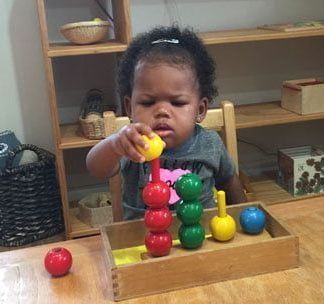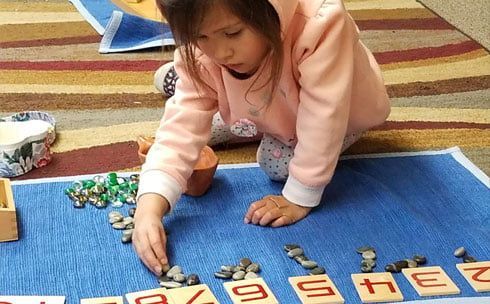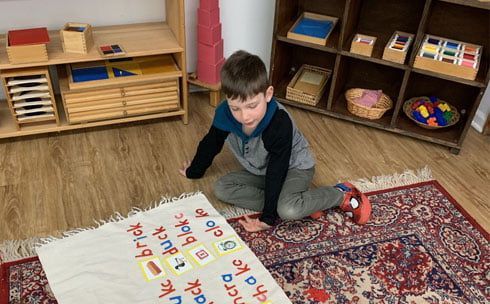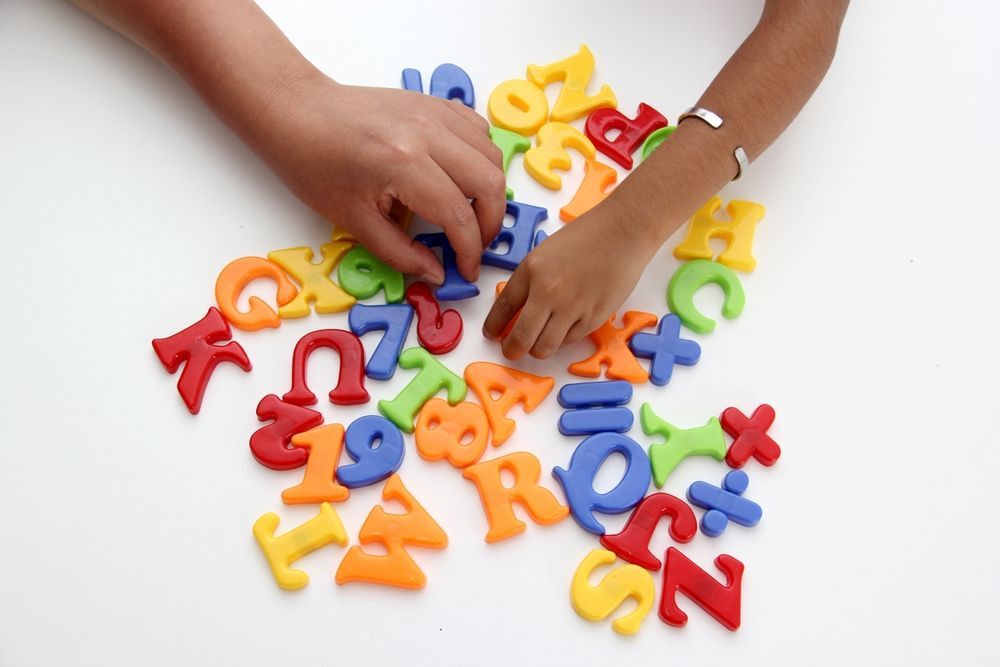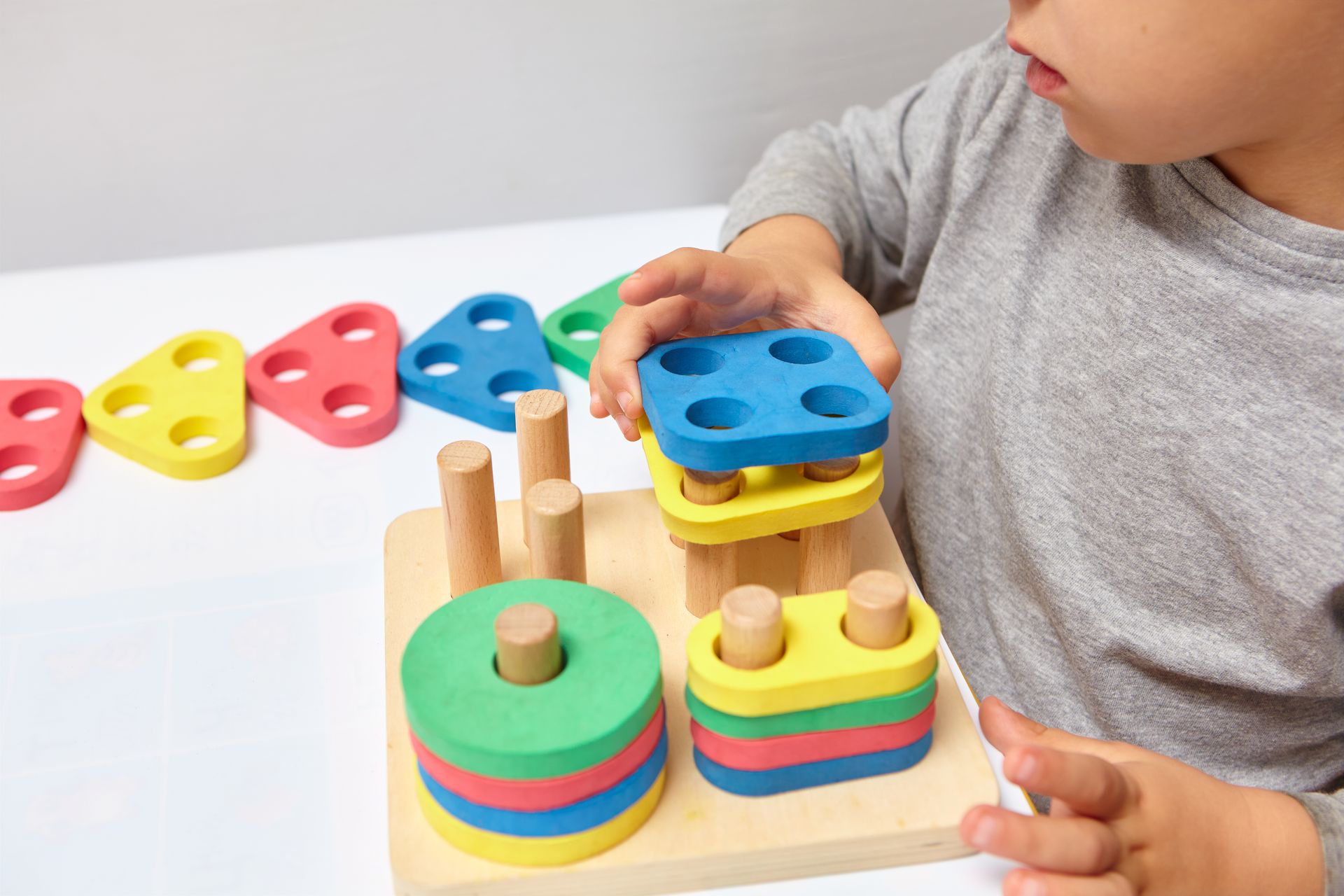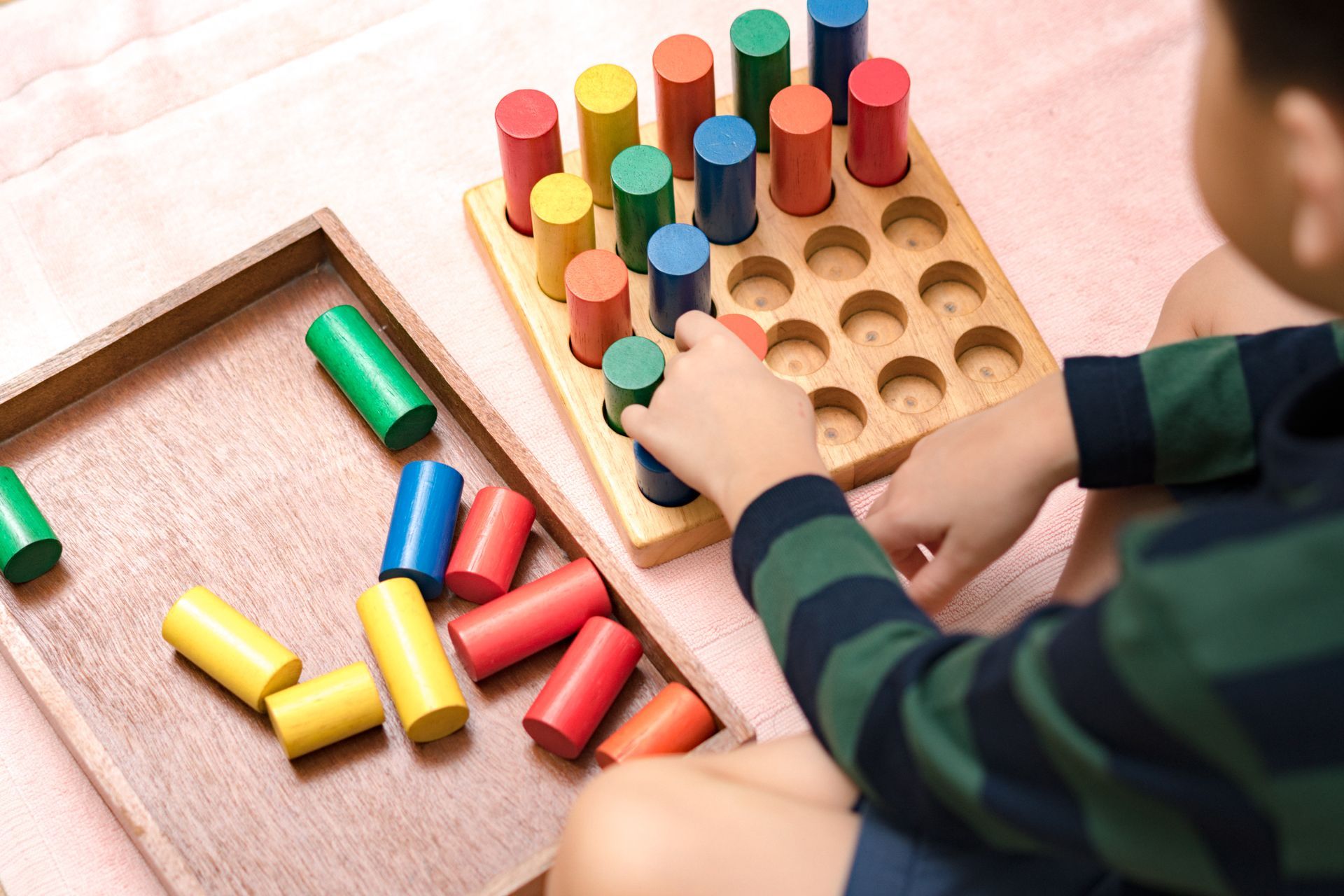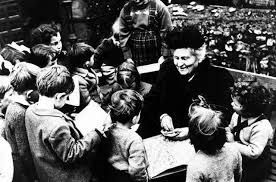Discipline in the Montessori Classroom
Share this Article:

Discipline is an integral part of any child's education. However, contrary to popular misconception, it's not just about punishing wrongdoing. Rather, it's the practice of training a child to obey and do what's right. The end goal of discipline is that a child, as he or she grows into an adult, is able to discipline him or herself without anyone supervising or giving orders.
Do Montessori Schools Discipline Children?
Montessori schools neither allow children to run free nor allow strict disciplinary measures to keep them in line. Rather, the Montessori discipline method offers students as much freedom and autonomy as possible, but within healthy limits and in accordance with a child's abilities and maturity level. Montessori's four levels of development is the guide used to ensure that children are being encouraged to reach their full potential without being held to unrealistic goals or standards.
What is the Montessori Approach to Discipline?
The Montessori disciplinary model is very different from the model used at non-Montessori schools. Students are never pitted against other students to see who can do the best and win an award because we know the best way to motivate your child to make progress is to encourage him or her as they strive to improve. Activities such as Nature Trays and Color Scavenger Hunts help students learn new skills without feeling they have to compete against others. We never offer rewards for good behavior or punish students for poor academic behavior.
If a student's behavior is dangerous or disruptive, a teacher will explain to the student why the behavior is wrong and what should be done to fix it. We also help students learn how to make amends if they have caused an accident or hurt someone. This form of training starts from an early age, as even toddlers can learn how to get a wet cloth or band-aid for a friend who got hurt on the playground. As children mature, they are taught other ways to make amends, including apologizing for verbal or physical hurts, offering to replace or fix something they have damaged, etc. As part of this process, we also talk with students about the potential consequences of their behavior and what can be done to avoid problems or accidents.
The Montessori discipline method also puts a priority on respectful communication. Montessori teachers listen respectively to children of all ages as they express their wants, likes, dislikes, and concerns. If a child has to be told "no", this is done gently and with an age-appropriate explanation regarding why her or her request cannot be granted. If a child does something wrong, Montessori teachers will explain why the child's actions are wrong and offer alternatives. A child who breaks toys by throwing them across the room, for instance, will be calmly shown that such behavior breaks toys and be encouraged to throw a ball or Frisbee outside. If a child throws a tantrum or has a meltdown, a teacher will sit with the child, wait until he or she calms down, and then talk with the child about ways to solve the issue at hand.

Montessori Discipline at Home
Montessori discipline methods aren't just for the classroom. We encourage parents to get to know the Montessori philosophy and use the Montessori discipline method at home. They aren't complicated to learn and can be used with children of all ages and maturity levels.
Granted, using a Montessori-based disciplinary method can take time. After all, it's a lot faster to send a child to his or her room than it is to sit with your child, listen to the reasons he or she is upset, and offer solutions. It's not easy to continually encourage children to remember the house rules and think about the consequences of their actions. However, in the end, the Montessori discipline model pays off.
Children who know they can count on their parents to listen and speak respectfully to them will model this behavior with parents and at school. Teaching your child to find healthy alternatives to bad behaviors trains them to responsibly manage their own affairs as they get older. What's more, children who learn how to strive to improve their past performance rather than compare themselves to their friends will grow up to be self-starters who take initiative and are eager to learn new skills.
Reach out to Mansio Montessori of Geneva
Maria Montessori always encouraged children to learn at their own pace rather than forcing them to learn by rote memorization. At Mansio Montessori of Geneva, we apply this model not just to academic learning but also to discipline in the classroom. We know that each child is unique, and it will take some children longer to learn certain skills than others, but parents can rest assured that the discipline administered in the classroom will help children make progress toward becoming responsible, self-disciplined adults. You can also take comfort in the fact that your child will be treated with respect no matter what he or she says or does.
Mansio Montessori of Geneva has been working with children for over forty years and our teachers have a combined 170 years of experience using the Montessori discipline and teaching methods to help children reach their full potential and develop the academic, social, emotional, and other skills needed to lead happy, healthy lives. Get in touch with us at your convenience to find out more about the many benefits of a Montessori education or to get to know our teachers and classes. We look forward to working with you and your children.

